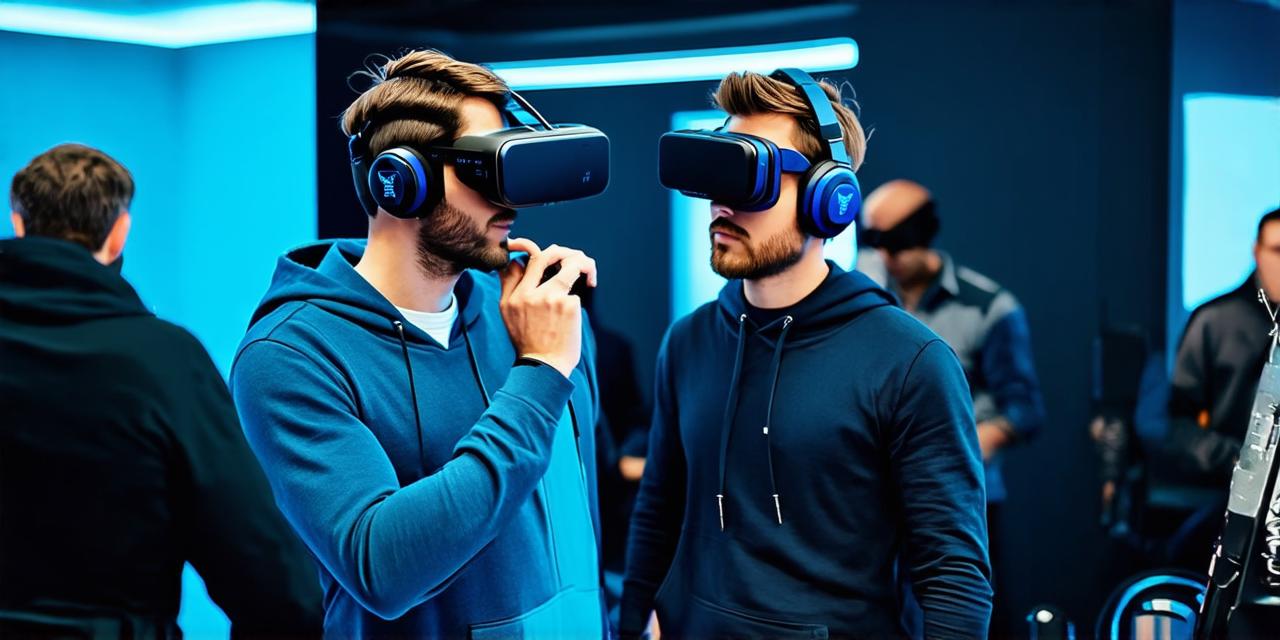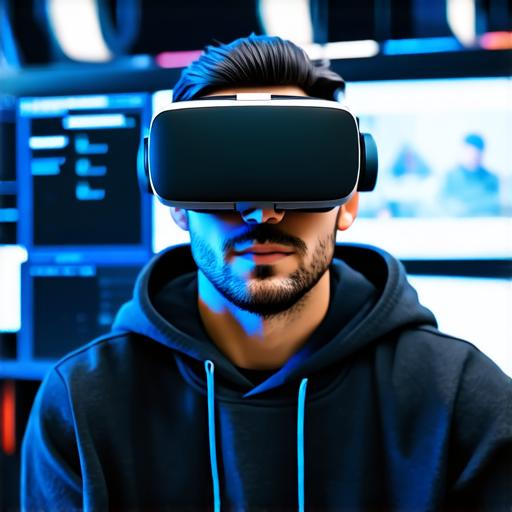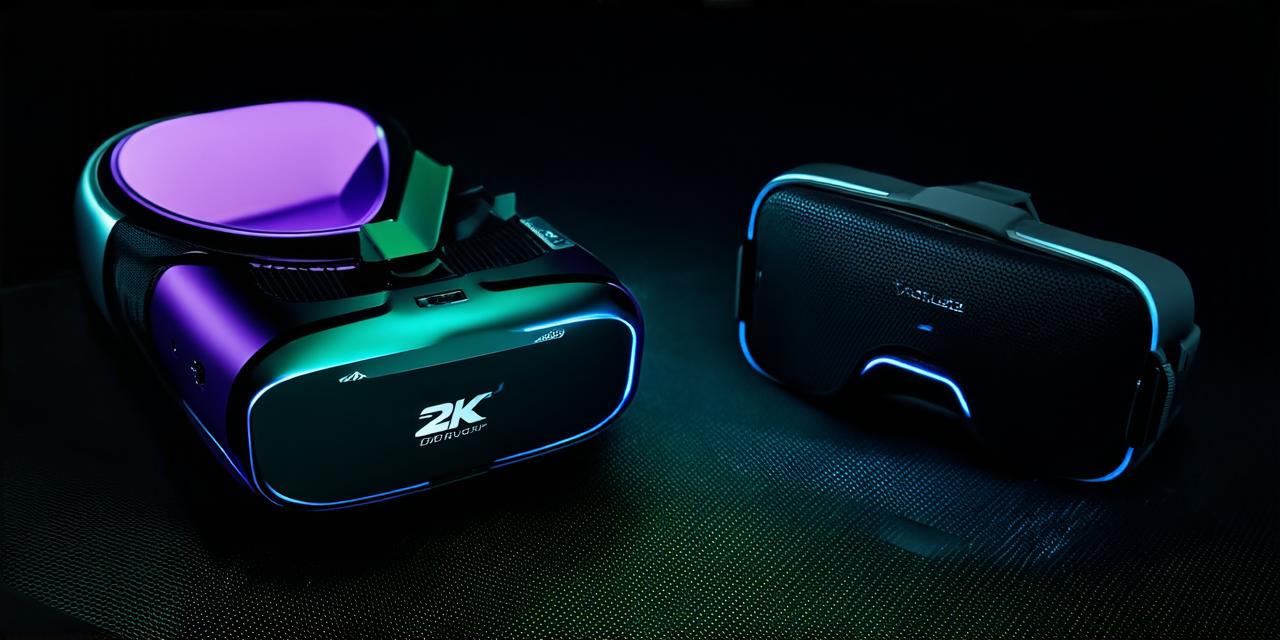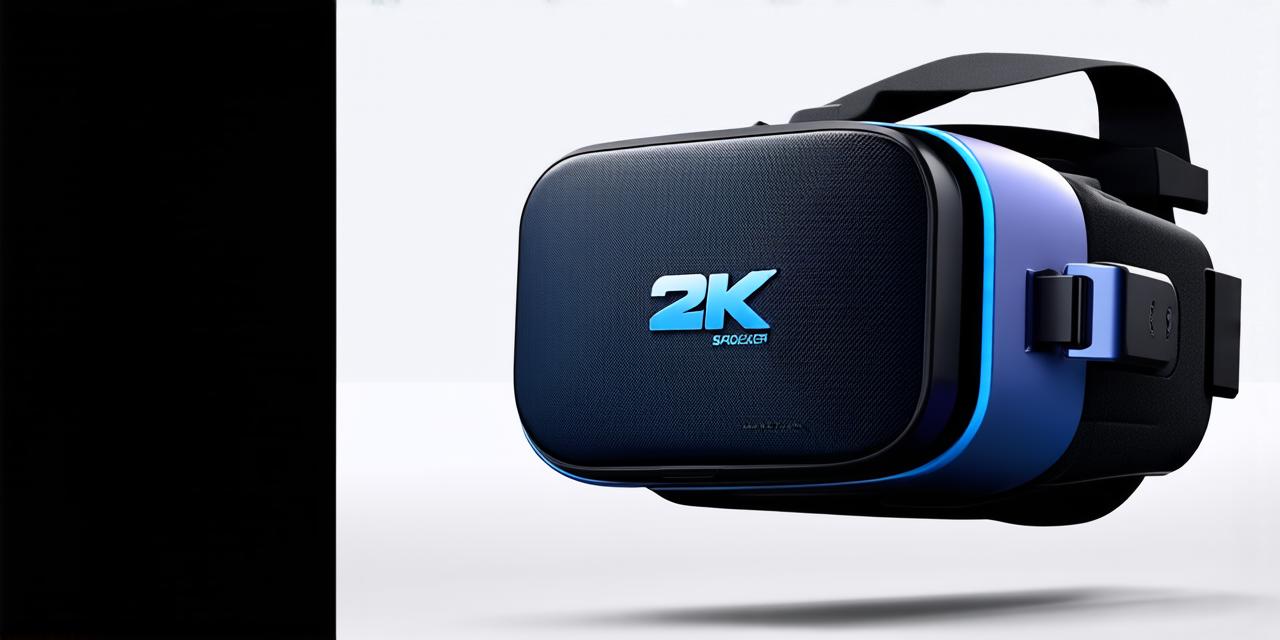
Tips for Becoming a Successful VR Developer
In the rapidly advancing realm of technology, Virtual Reality (VR) stands as a trailblazer, offering an immersive and captivating experience that transcends traditional boundaries.
Mastering the Basics
“VR development is not for the casual enthusiast,” asserts John Carmack, Oculus CTO. To excel in this domain, one must possess patience, perseverance, and an unyielding thirst for innovation.
Mastering VR development necessitates a profound understanding of programming languages such as C++, Unity, and C, along with proficiency in 3D modeling, animation, and graphics programming.
Innovation and Iteration
Successful VR developers are those who consistently innovate and iterate their ideas. Palmer Luckey, the founder of Oculus VR, exemplifies this spirit with his groundbreaking work on the Oculus Rift, revolutionizing the industry.
His unwavering commitment to perfection and relentless pursuit of innovation have made him a pioneer in the field.
Collaboration and Networking
The VR development community is dynamic and supportive. Attend conferences such as the Virtual Reality Developers Conference (VRDC) or the Augmented World Expo (AWE), join online forums like the Unity3D forum, and collaborate with other developers on projects.
Sharing ideas, learning from each other’s experiences, and building a strong network can significantly accelerate your growth as a VR developer.
Experimentation and Learning
Experimentation is crucial to success in VR development. Try out different tools, libraries, and APIs, and don’t shy away from making mistakes.
Each failure brings you one step closer to success, as Thomas Edison wisely said, “I have not failed. I’ve just found 10,000 ways that won’t work.”
Staying Ahead of the Curve
The VR landscape is ever-evolving. Stay updated with the latest trends, technologies, and developments in the field by following industry leaders, reading relevant publications, and participating in online discussions.
This will not only keep your skills sharp but also open up new opportunities for growth and success.

FAQs
Q: What programming languages are essential for VR development?
A: C++, Unity, and C are commonly used in VR development, with C++ being particularly popular for low-level graphics programming.
Q: How can I network with other VR developers?
A: Attend conferences, join online forums like the Unity3D forum or the Oculus Developer Forum, and collaborate on projects to connect with other developers.
In conclusion, mastering Virtual Reality development requires patience, perseverance, innovation, collaboration, experimentation, continuous learning, and a willingness to adapt to the ever-changing landscape of this exciting field. Embrace these principles, and you’ll be well on your way to making a significant impact in the world of VR development.

